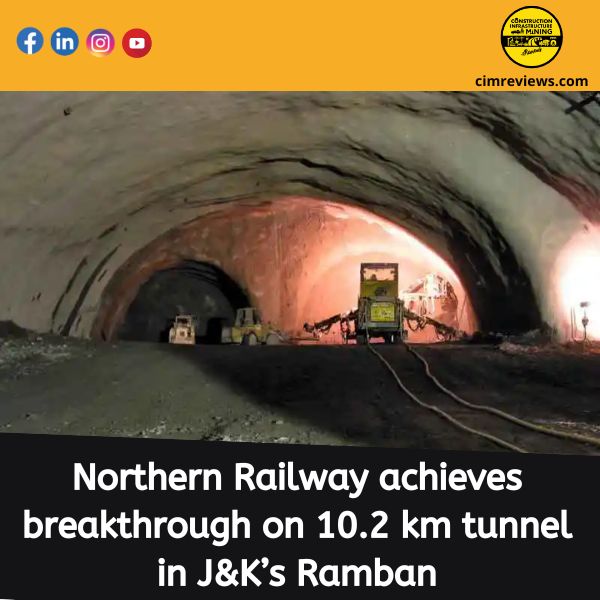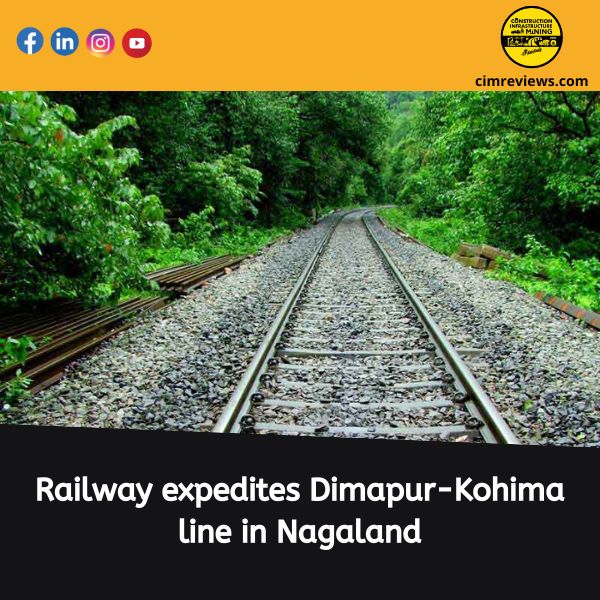India and Nepal have signed a MoU to improve cooperation in the Water, Sanitation, and Hygiene sector, including waste management, aiming to enhance access to clean drinking water.
On March 3, 2025, India and Nepal signed a Memorandum of Understanding (MoU) to enhance cooperation in the Water, Sanitation, and Hygiene (WASH) sector, aiming to improve access to clean drinking water and sanitation facilities for their populations. The agreement establishes a collaborative framework focusing on several key areas.
Key Objectives of the MoU
- Capacity Building: Development of training programs for Nepali personnel in water resource management, sanitation infrastructure, and waste management.
- Technology and Knowledge Transfer: Exchange of technological expertise, innovative solutions, and best practices between India and Nepal in the WASH sector.
Significance of the Agreement
This MoU reflects the commitment of both nations to strengthen bilateral ties and address common challenges in water and sanitation. By collaborating on WASH initiatives, India and Nepal aim to promote public health, environmental sustainability, and regional cooperation.
Historical Context of India-Nepal Water Cooperation
India and Nepal have a history of collaboration in water resource management, with agreements such as the Sarada Agreement (1920), Kosi Agreement (1954), Gandak Agreement (1959), and Mahakali Treaty (1996). These treaties focused on irrigation, flood control, and hydroelectric power generation.
Recent Collaborative Projects
Since 2003, India has undertaken over 550 High Impact Development Projects (HICDPs) in Nepal, completing 488 projects in areas including health, education, drinking water, connectivity, sanitation, and the creation of other public utilities across all seven provinces of Nepal.
Implementation and Future Prospects
The MoU outlines specific steps for implementation, including the formation of joint working groups, regular monitoring and evaluation mechanisms, and pilot projects to test and scale successful interventions. Both countries are optimistic that this agreement will lead to tangible improvements in water quality, sanitation coverage, and overall public health outcomes.
The signing of this MoU marks a significant milestone in India-Nepal relations, demonstrating a shared commitment to addressing critical issues in water, sanitation, and hygiene. Through collaborative efforts, both nations aim to achieve sustainable development goals and enhance the well-being of their citizens.
In a significant step towards strengthening bilateral ties, India and Nepal have signed a agreement to enhance water supply and sanitation infrastructure in Nepal. The pact, inked between India’s Ministry of Jal Shakti and Nepal’s Ministry of Water Supply, aims to support Nepal’s efforts in improving water management, sanitation facilities, and wastewater treatment.
Under this agreement, to Nepal for implementing modern water conservation techniques, upgrading water supply networks, and promoting hygienic sanitation practices. The initiative aligns with Nepal’s National Sanitation and Hygiene Master Plan, which aims to achieve universal access to clean drinking water and sanitation.
The pact also includes knowledge-sharing programs, joint research initiatives, and capacity-building workshops to develop sustainable water solutions. Indian expertise in smart water management and river rejuvenation will play a crucial role in modernizing Nepal’s urban and rural water infrastructure.
Officials highlighted that this collaboration will support climate-resilient water management, reducing the impact of floods and droughts that frequently affect Nepal. Additionally, both countries will explore transboundary water management strategies, ensuring equitable water distribution from shared rivers like the Kosi, Gandak, and Mahakali.
The agreement is part of India’s “Neighbourhood First” policy, reinforcing its commitment to regional development and cooperation. With this initiative, India and Nepal aim to improve public health, reduce waterborne diseases, and enhance overall water security, paving the way for a cleaner and more sustainable future for Nepal.
Group Media Publication
Construction, Infrastructure and Mining
General News Platforms – IHTLive.com
Entertainment News Platforms – https://anyflix.in/
Legal and Laws News Platforms – https://legalmatters.in/
Podcast Platforms – https://anyfm.in/










%20/23%20cimr%204.jpg)
